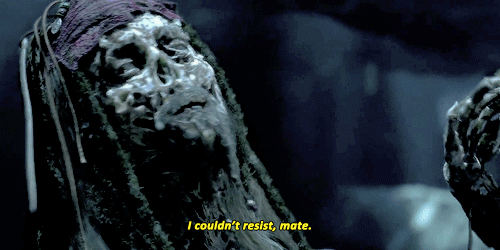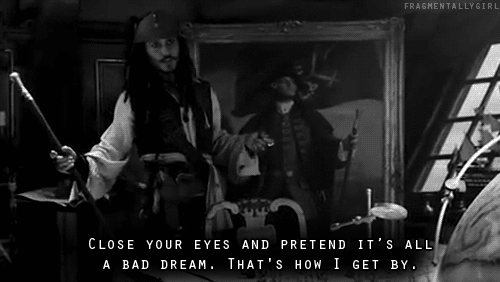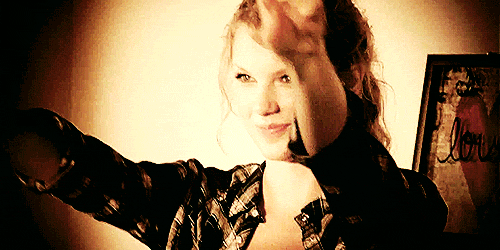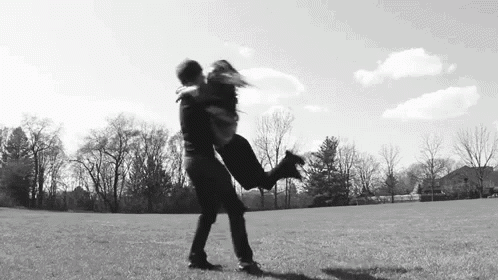Can anyone relate to this? Although the article focuses on women, this is open to everyone.
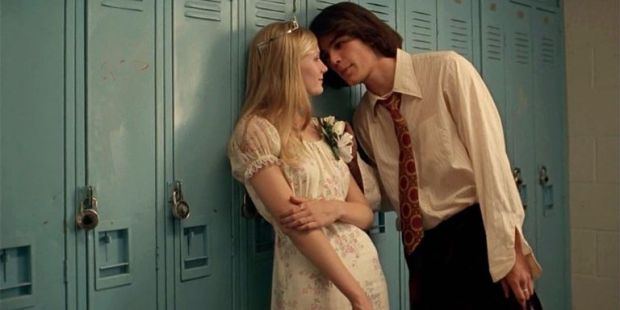

WHY DO MEN LOVE SAD GIRLS?
https://sophiesaintthomas.com/2017/09/20/why-do-men-love-sad-girls/
I wrote this for Harper’s Bazaar. Image courtesy of Paramount.
“You were so frail that you looked like you would just float away.”
My ex-boyfriend says he fell in love with me that day, as I sat saturated in sadness reading the Buddhist recovery memoir Dharma Punx, wearing a ripped Diane Von Furstenberg dress and the label of Major Depressive Disorder. The dress had torn during a date rape when I first moved to New York, but I continued to wear it years later because I loved it. And like some perverse attraction to dating a depressed girl, men flocked to me because of it.
It’s a trope that pop culture loves to depict (The Virgin Suicides, Prozac Nation, and Girl: Interrupted, among others). But for me, a bisexual and queer woman who at the time was primarily dating cis-gendered straight men, it meant a stream of partners being attracted to, and enjoying, my inability to stand up for myself: an excuse to sleep with a “beautifully fragile” woman who would not ask for much in return.
The fact that an aura of sadness can attract partners is not uncommon. On average, men find women with some psychological vulnerability more attractive, according to a 2012 University of Texas at Austin study which looked at the connection between sexual exploitability and sexual attraction. This is not necessarily problematic, explained clinical psychologist and relationship expert Barbara Greenberg, but it can become a substantial cause for concern for those experiencing severe suffering who may be less likely to protect themselves. This can often appeal to the wrong type of men.
Most of my lovers during this time didn’t know what to do with me, and I allowed those who loved and made love to me to treat me with limited deference. I later found out this can be a typical occurrence for people who are depressed. “A lack of respect can be tolerated when a person is down,” noted Dr. Greenberg. “They may not be aware of self-protection because they are so hungry for validation wherever they can find it. We are worried about the predators who come at it from a place of bad intention—a person who probably has either a narcissistic or antisocial personality, somebody who lacks empathy.”
Indeed, one of the most twisted guys I dated during my lowest was a man whose label read “Antisocial Personality Disorder.” He wore it loudly through lies, a lack of empathy, and eventually, verbal abuse. Those with mental disorders such as Narcissistic Personality Disorders and Antisocial Personality Disorder are especially eager to take advantage of someone who is depressed because it’s all about their needs. Diagnosis of personality disorders is controversial (it’s a bit twisted to tell someone that their personality is a disorder), but people with limited or nonexistent empathy certainly exist, in my experience.
Essentially, my radar for picking well-meaning partners was broken because my self-esteem had gone dry. Within the span of a few months, I was sexually assaulted (again), my parents divorced, and I left a long-term cohabiting relationship. I moved to Brooklyn and simultaneously gave up alcohol in an attempt to start over. But the combination of leaving a relationship in which we shared many mutual friends, and no longer socializing in bars, dissolved many of my friendships. The isolating side effect of depression didn’t make finding new friends easier. I hadn’t yet learned nourishing coping mechanisms; so rather than focus on healing myself through therapy, creative outlets, and new friendships, I poured myself into sexual and (questionable) romantic relationships with lovers who didn’t treat me with the care that I needed. The effect was cyclical. I would feel worse when a partner put me down or used me for sex, leaving me to seek validation in other men—and during this time, they were always so easy to find.
The other type of problematic partner one encounters while living with depression is the savior. In cinematic portrayals of love and depression, the sad girl’s partner usually has good intentions. They want to rescue her. The trouble is, you can set groundwork for a relationship dynamic that is difficult to unweave later, says New York City-based sex therapist Kelly Wise. When the depressed partner begins to recover and gain autonomy, the “savior” partner may find themselves uncomfortable with the new power balance.
Still, there are partners who genuinely care. However as my friend Ashley, who suffers from Major Depressive Disorder and wished only to use her first name, explained: “After a while, they give up. One of my exes broke up with me because he said I was bringing him down and he couldn’t handle my breakdowns anymore.” It took years before Ashley learned to avoid partners ill-equipped to deal with depression by being honest and upfront about her own situation.
Of course, dating with depression is very different when you’re in a long-term relationship than when you’re single. A reliable, committed partner will educate themselves about their significant other’s sickness (and yes, depression is a sickness, not a moral failing) and learn how to be supportive. Those with depression may experience it again in their lifetime, Dr. Greenberg reminded, which is why she advises being honest about your mental health history with partners.
A supportive community along with self-care during periods of depression can also help you tune into your needs, and as a result, sniff out the bad guys. With the support of friends, family, and sometimes therapy, you’re less likely to rely on unhealthy partners as a means of companionship. “You need to have your radar up, and if your radar is not operating properly then you need to operate on the radar of people who love you. Rely on the radar of your friends and rely on the radar of your therapist because yours is probably not as sharp when you’re depressed,” explained Dr. Greenberg.
Eventually, I got better and gained the self-realization and strength to untangle myself from unhealthy relationship patterns. I was able to heal through therapy, antidepressants, and the self-care of beauty routines. Perhaps most importantly, I built up friendships and community that provided love, support, and companionship without expectations of sex.
I know the demons I saw still exist, I simply now understand how to slay them. Recently, due to personal changes and the political climate, I, like many others, caught another whiff of depression. So I continue to work hard while making time for self-care, which for me, looks like splurging on a good massage followed by a night of reading, or watching Shonda Rhimes. As a single person, since many of my demons did arise from sexual assault and abuse, I now make sure to let lovers know when I need some time and space. And I’ve noticed that people with an honest interest in my well-being are very understanding when I express that need.
I acknowledge the part of myself that was once completely convinced that my existence was meaningless, however I’m also able to decide that even when living seems hard, the moments of joy make the moments of misery worth it. Believing in magic is more fun than believing in nothingness. And when it comes from a healthy place with worthy partners, having good sex and falling in love is one of the most delicious ways to revel in the joy of being.



